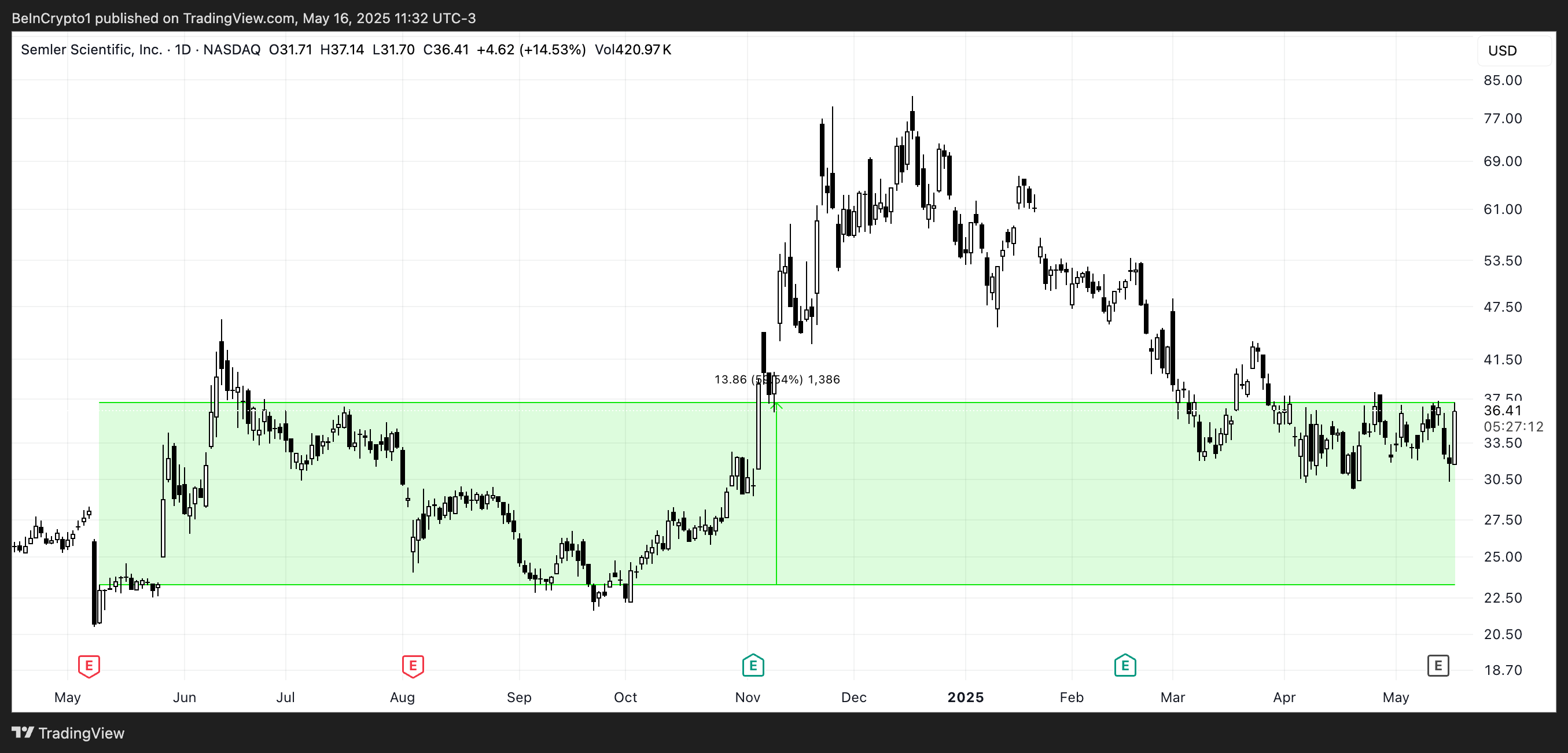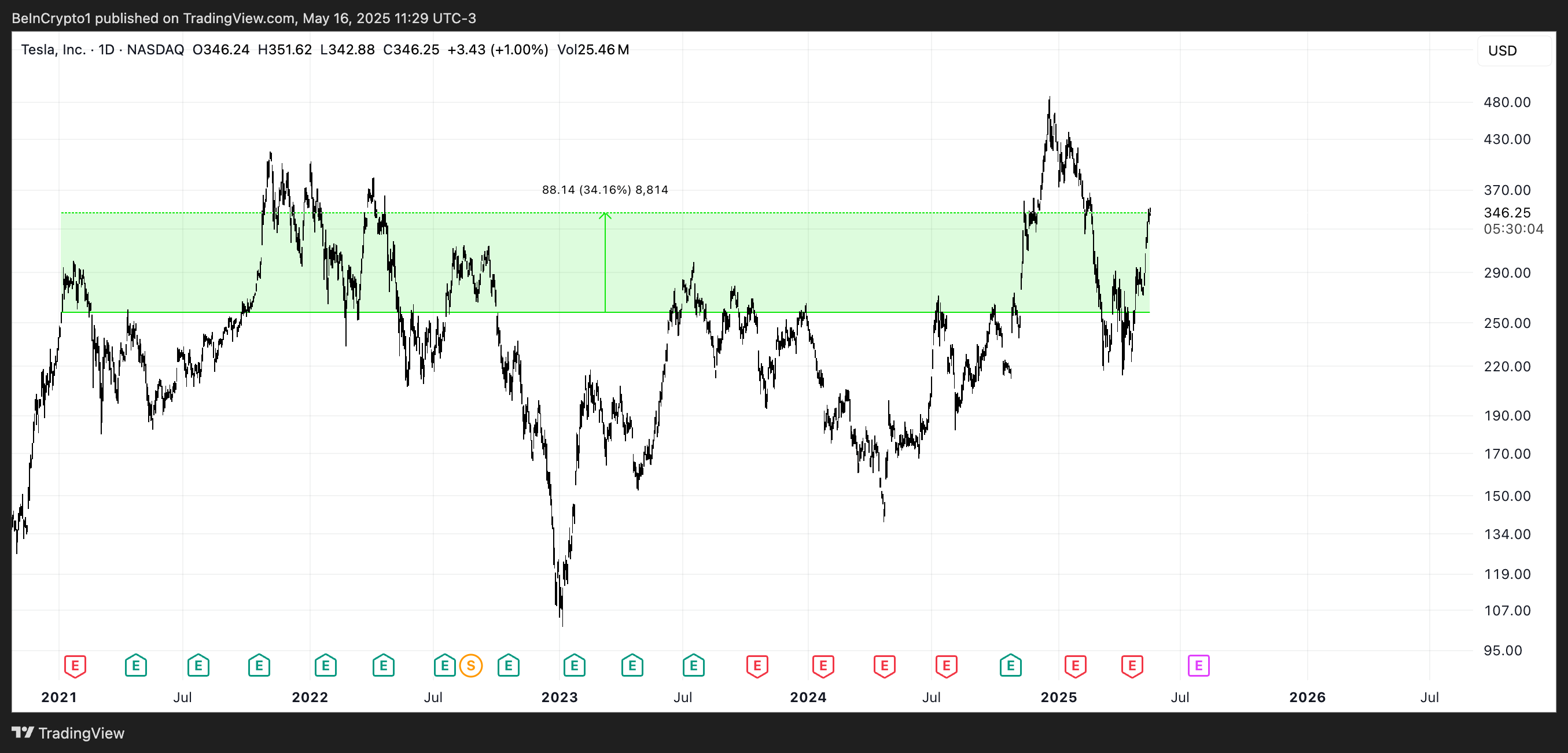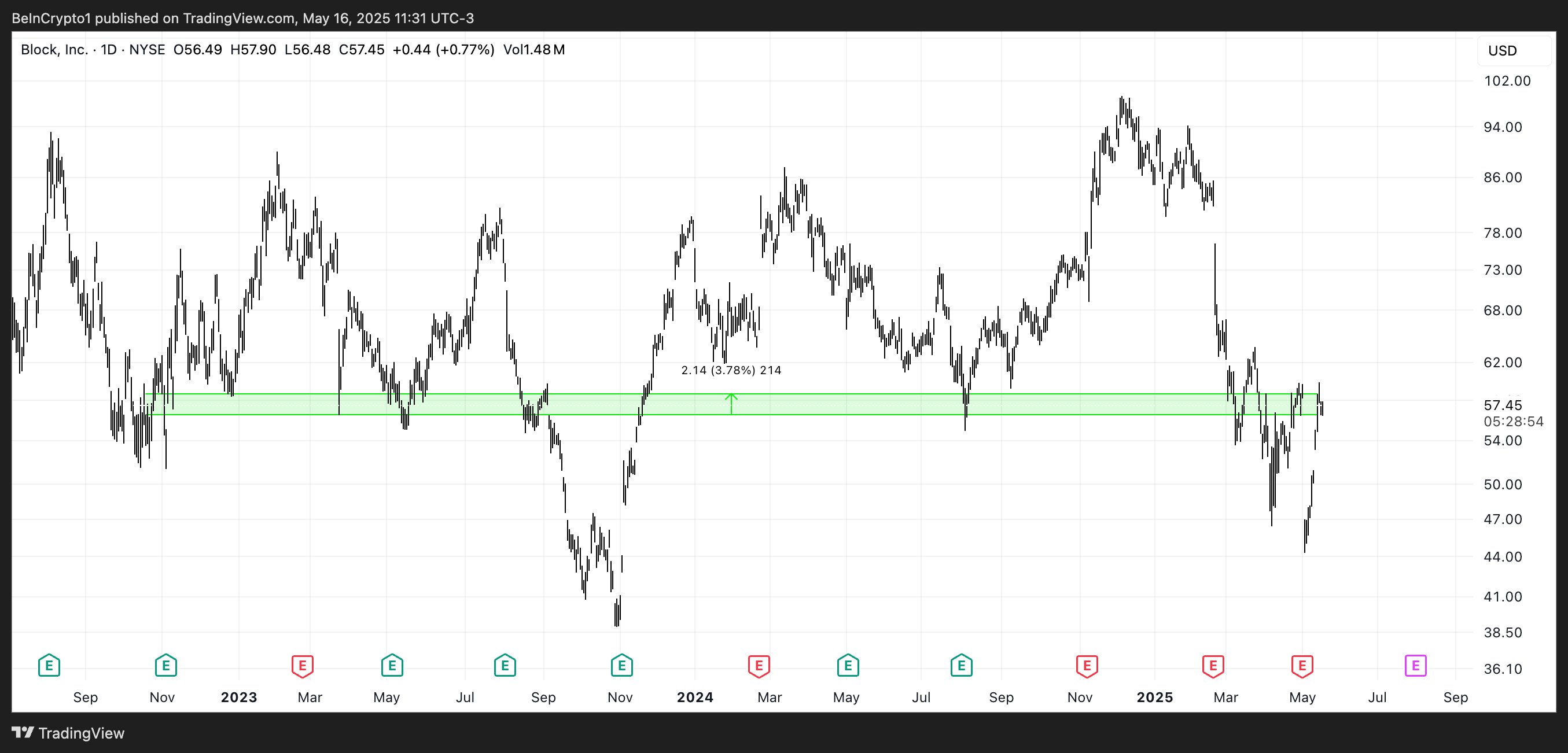Bitcoin (BTC) Holdings No Guarantee of Gains for TradFi Investors

TradFi’s relationship with Bitcoin continues to evolve, with 34 public corporations now holding a combined 699,387 BTC—worth over $72 billion. MicroStrategy remains the undisputed leader, holding 555,450 BTC alone.
While some view Bitcoin treasury strategies as bullish catalysts, the data tells a more nuanced story: adding BTC to a balance sheet isn’t a guaranteed stock booster. Outliers like Metaplanet have surged over 3,000% since their BTC entry, but many others have seen far more modest gains, or even declines.
Metaplanet is a Japanese public company that has quickly transformed from a traditional business—formerly involved in hotel operations—into one of Asia’s most aggressive Bitcoin-focused firms. Its transformation shows how some TradFi players are reshaping their models around digital assets.
Since launching its Bitcoin Income Generation strategy in late 2024, the company has pivoted sharply toward crypto, with 88% of its Q1 FY2025 revenue—¥770 million ($5.2 million)—coming from Bitcoin option premium harvesting.
Metaplanet first added Bitcoin to its balance sheet in April 2024 and now holds 5,555 BTC worth approximately $576.8 million. Since that initial move, the company’s stock has soared over 3,000%, with recent filings showing a 15x increase in share price year-to-date.
The firm’s aggressive BTC accumulation strategy—targeting 10,000 BTC by year-end—has drawn growing investor interest, expanding its shareholder base by 500% in a year.
Despite short-term valuation losses due to Bitcoin price fluctuations, Metaplanet reported ¥13.5 billion in unrealized BTC gains as of May 12, signaling strong confidence in its long-term crypto positioning.
NEXON
Nexon, a major Japanese gaming company behind global hits like Dungeon&Fighter and MapleStory, added Bitcoin to its balance sheet in April 2021 and currently holds 1,717 BTC—worth approximately $178.3 million.
Despite this sizable allocation, the move hasn’t paid off in terms of market performance, as Nexon’s stock is down nearly 29% since the purchase, showing how, for many TradFi firms, crypto exposure doesn’t necessarily translate into equity gains.

Unlike other firms that saw major investor enthusiasm from Bitcoin exposure, Nexon’s value remains more closely tied to the performance of its gaming franchises.
In its Q1 2025 earnings report, Nexon reported revenue of ¥113.9 billion, up 5% year over year, and operating income jumping 43% to ¥41.6 billion, driven by strong performance from core titles and lower costs.
Semler Scientific (SMLR)
Semler Scientific made its first Bitcoin purchase in May 2024 and currently holds 1,273 BTC, valued at approximately $132.2 million.
Since adopting Bitcoin as its primary treasury reserve asset, the company’s stock has climbed over 55%.
While smaller in scale compared to top crypto treasury holders, Semler’s aggressive accumulation and performance have positioned it as a notable player in the Bitcoin corporate adoption narrative.

In its Q1 2025 earnings call, Semler Scientific reported a mixed performance. Revenue dropped 44% year-over-year to $8.8 million, driven by declines in its healthcare segment, while operating losses widened to $31.1 million amid $39.9 million in expenses.
A net loss of $64.7 million was largely due to an unrealized loss of $41.8 million from Bitcoin price fluctuations.
Despite these setbacks, the company reaffirmed its commitment to expanding its BTC holdings through a $500 million ATM program and a $100 million convertible note.
Tesla (TSLA)
Tesla, led by Elon Musk, has had a complex and headline-grabbing relationship with Bitcoin since adding it to its balance sheet in January 2021.
Musk, a long-time crypto enthusiast, has influenced market sentiment through both Tesla’s actions and his personal commentary on digital assets like BTC and Dogecoin. Tesla’s stock is up 34% since that initial Bitcoin buy, but the path has been volatile—peaking near $480 in late 2024 before collapsing below $107 in early 2023.
Despite the swings, Musk’s Bitcoin advocacy and Tesla’s early crypto exposure helped position the company as a bellwether for institutional adoption of crypto. Its journey reflects the volatility and complexity of crypto exposure within large TradFi companies, as BTC is up 212% in the same period.

In its latest Q1 2025 earnings, however, Tesla posted disappointing results. Automotive revenue dropped 20% year-over-year to $14 billion, dragging total revenue down 9% to $19.34 billion, well below Wall Street estimates.
Net income plummeted 71% to $409 million, and operating margin collapsed to 2.1% as production upgrades, price cuts, and political uncertainty—including rising tariffs—weighed heavily on performance.
Amid declining deliveries and intensifying global competition, Tesla highlighted progress in energy storage and AI infrastructure.
Still, with shares down 41% year-to-date and Musk’s growing political involvement drawing further scrutiny, investors remain cautious as the company prepares for a potential robotaxi launch in June.
Block Inc. (Formerly Square)
Block Inc., co-founded by Jack Dorsey, added Bitcoin to its balance sheet in October 2022 and currently holds 8,485 BTC, worth approximately $881 million.
Known for its early embrace of Bitcoin and crypto integration through Cash App, Block has positioned itself as one of the most prominent corporate Bitcoin holders.
Since its initial BTC acquisition, the stock has risen just 3.8%, reflecting a turbulent journey, peaking above $100 in December 2024, but also dropping to around $38.5 in November 2023 amid broader tech sector volatility and macroeconomic headwinds for TradFi.

Block’s Q1 2025 earnings revealed a mixed picture. The company missed both revenue and profit expectations, posting $5.77 billion in revenue versus the $6.2 billion expected.
Despite a 9% rise in gross profit to $2.29 billion, guidance for the rest of the year was cut due to macro uncertainty, including the impact of new tariffs.
Cash App’s gross profit rose 10% to $1.38 billion, thanks to the launch of Afterpay’s buy-now-pay-later feature and the expansion of its lending program under FDIC approval.
However, gross payment volume increased, and international exposure now accounts for 18% of the total volume.
While Block posted its most profitable quarter to date, shares are down 31% year-to-date, and investors remain cautious as the company prepares to deliver its first Bitcoin mining chips later this year.
Disclaimer
In line with the Trust Project guidelines, this price analysis article is for informational purposes only and should not be considered financial or investment advice. BeInCrypto is committed to accurate, unbiased reporting, but market conditions are subject to change without notice. Always conduct your own research and consult with a professional before making any financial decisions. Please note that our Terms and Conditions, Privacy Policy, and Disclaimers have been updated.



